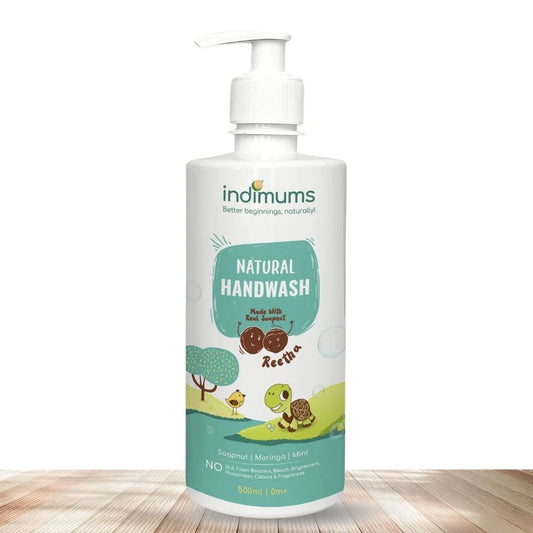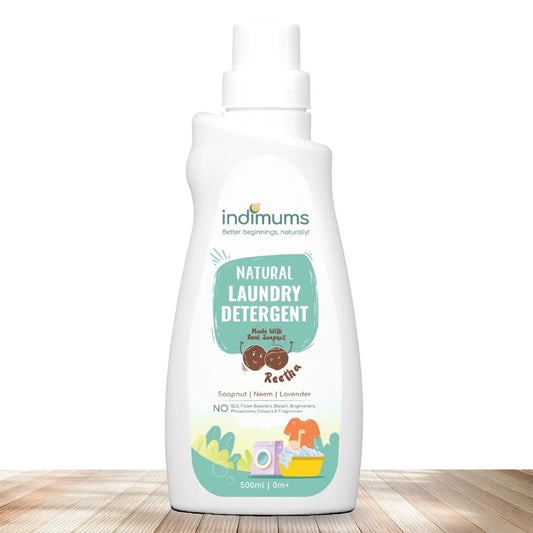Introducing solid foods to your baby is an exciting milestone in their development. As a new parent, you want to ensure that you make the right choices for your little one's nutrition and health. One of the first questions that may arise is, "What baby food should I introduce first?" In this blog post, we'll explore some key considerations and provide guidance on introducing nutritious and wholesome foods to your baby.
The Importance of Timing:
When it comes to introducing solid foods, timing is crucial. The American Academy of Pediatrics recommends starting solids around six months of age, as this is when babies typically show signs of readiness. These signs include sitting up with minimal support, showing an interest in food, and being able to hold their head steady.
The Role of Breast Milk or Formula:
Before introducing solid foods, it's important to understand that breast milk or formula should remain the primary source of nutrition for your baby. These provide essential nutrients and are easily digestible. Solid foods are meant to complement, not replace, breast milk or formula during the first year. Don't forget to wash your
baby feeding bottles so as to safe your baby from harmful germs.
Beginning with Simple Purees:
When starting solid foods, it's best to begin with single-ingredient purees. This allows you to identify any potential allergies or intolerances and makes it easier to pinpoint the cause if any issues arise. Examples of good first foods include mashed avocado, cooked sweet potato, or pureed banana.
Gradual Introduction of New Foods:
After successfully introducing single-ingredient purees and observing your baby's response, you can gradually introduce a variety of fruits, vegetables, and grains. This helps expose your little one to different flavors and textures while ensuring a balanced diet. Remember to introduce new foods one at a time, waiting a few days before introducing another, to monitor for any adverse reactions.
Nutrient-Rich Foods for Optimal Growth:
As your baby progresses with solid foods, it's important to incorporate nutrient-rich options. Include foods such as pureed peas, carrots, spinach, lentils, and whole-grain cereals. These foods offer vitamins, minerals, and fiber crucial for your baby's growth and development.
The Role of Organic and Natural Foods:
Given your focus on natural and organic products, it's worth considering using organic ingredients for your homemade baby food. Organic fruits, vegetables, and grains are grown without synthetic pesticides or fertilizers, reducing the risk of exposure to harmful chemicals. This aligns with your brand's commitment to providing toxin-free and herbal options for your little one.
Consulting with a Pediatrician:
Every baby is unique, and their nutritional needs may vary. It's always advisable to consult with your pediatrician before introducing solid foods. They can provide personalized guidance based on your baby's specific requirements and any family history of allergies or medical conditions.
Final words:
Introducing solid foods to your baby is an exciting journey filled with new tastes and textures. By following these guidelines, you can ensure a smooth and nutritious transition for your little one. Remember, patience and gradual introduction of foods are key. With your brand's commitment to natural and
organic products, you can provide your baby with the best possible start on their food journey with The Indi Mums.




